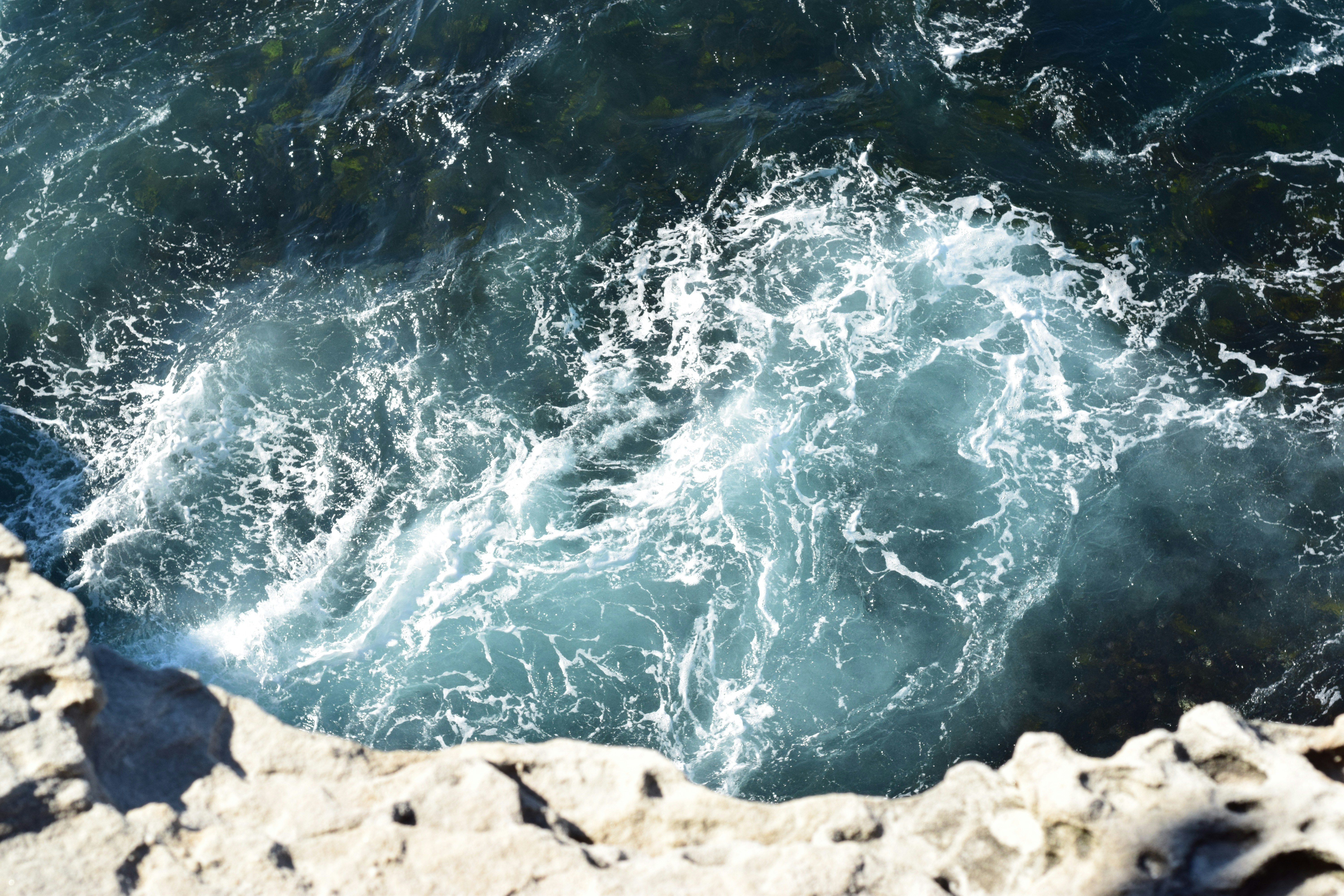The world’s oceans are incredibly important to the overall wellbeing of our planet. They absorb a lot of CO2 and harbour multiple ecosystems that we are still learning about. Despite the importance of the world’s oceans we often ignore their health.
World Oceans Day is today and it’s a reminder how amazing these oceans are and that we ought to do more to protect them while revitalizing areas that have been negatively impacted by climate change.
Climate change is a global problem demanding a global solution. The Paris Agreement has created a framework for climate action around the world. At its last session in Bonn, the World Heritage Committee—which has had a carbon neutral policy for its sessions since 2007—voiced its hope that an agreement would be reached at COP21, and called on all States Parties to mobilize global climate action on the ground. For coral reefs and many other marine ecosystems, keeping climatic warming to the Paris Agreement’s long-term goal of 1.5°C is essential. UNESCO has been working for years to track and manage climate impacts.
Read more here and at UNESCO.

